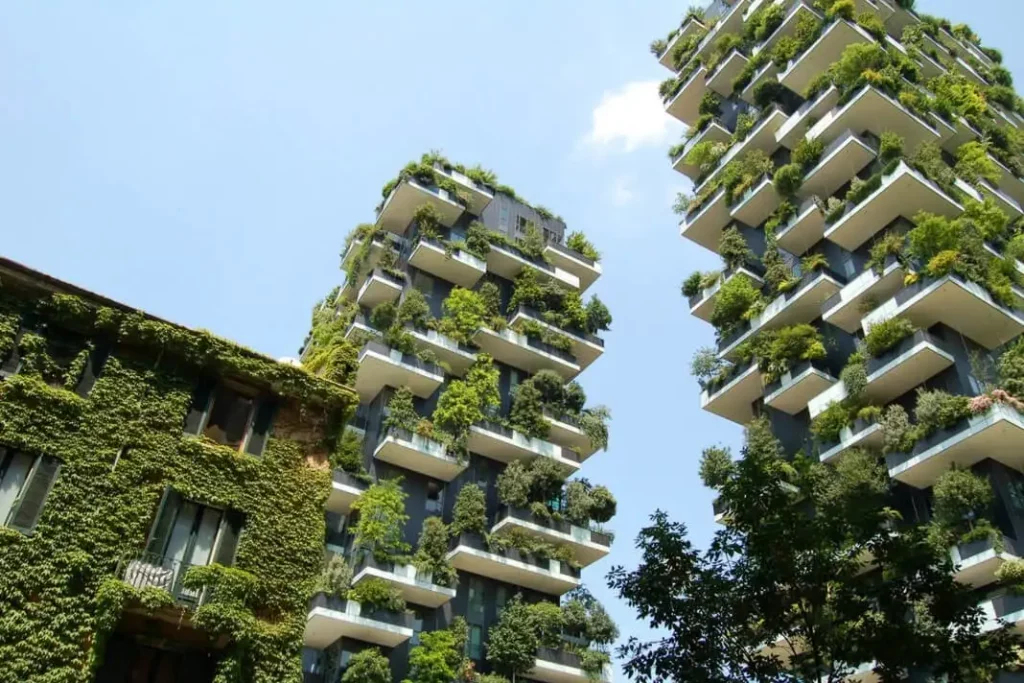Journey in time, to the post pandemic future
As the world reels under the impact of a rapidly spreading pandemic, it’s difficult to imagine what the future holds. But one thing is certain: the world as we know it will never be the same. The COVID-19 pandemic has brought about unprecedented changes in every aspect of life, from the way we work and learn to the way we interact with each other. As the pandemic continues to spread, it’s important to start thinking about the long-term effects it will have on our society, economy, technology, logistics, information security, communication, environment, remote working, social interaction, and other everyday aspects of life. In this article, we will take a look at some of the ways the pandemic may shape our world in the post-pandemic future.

Initial aftermath of the Pandemic: Economic recession and altered Social Norms
As the COVID-19 pandemic continues to spread, it’s likely that we will see immediate effects on social interactions, communication, work, economy, society, health care and social protection systems, travel and tourism, and governance. People may have to drastically change the way they interact with each other, as physical distancing measures and lockdowns become more widespread. Businesses and schools may have to close, leading to a decrease in GDP and increase in unemployment rate. Health care systems may become overwhelmed, and social protection systems may struggle to provide support to the most vulnerable. Travel and tourism industry may come to a halt, and governments may have to take extreme measures to control the spread of the virus.
In the short-term, the immediate effects of the pandemic may be felt most acutely in terms of the economy and employment. Business closures and reduced consumer spending may lead to a recession, and unemployment may rise. People may have to rely on government support, and social protection systems may be stretched to their limits. The pandemic may also reveal deficiencies in the health care system and lead to a greater emphasis on preparedness for future pandemics. Furthermore, it may also lead to a greater emphasis on remote working, online education, and virtual interaction, and this may cause changes in real estate and urban planning as people have more options to work from home.
Pandemic’s Ripple Effect: Navigating the Medium-term Changes in Society, Economy and Technology
As the world continues to grapple with the pandemic, we can expect to see a number of medium-term effects on society, economy, technology, logistics, information security, communication, environment, remote working, social interaction, and other everyday aspects of life. In terms of medical technology, we can expect to see the development of new instruments and tricorders for checking indicators and markers of fever from a distance, as well as an increase in the use of open-source medical equipment and 3D printing. Logistics may also see significant innovations such as the use of delivery drones and non-touch collection points, and robots. Remote learning and online education may become more prevalent, and remote working may become the norm.

In terms of technology, the pandemic may accelerate the adoption of new technologies such as virtual and remote tourism and entertainment, and virtual worlds. Digital and cryptocurrency may become more prevalent, and digital assets such as NFTs and virtual properties may become more mainstream. The global economy may be impacted, and there may be changes in the way we think about work ethics and communication. Social distancing may become a permanent feature in our lives, and we may see an increase in quackery and misinformation. As a result, the demand for health workers may increase, and governments may have to take more measures to protect their citizens. The pandemic may also have an impact on war and politics, as countries may have to navigate the crisis while trying to protect their own interests.
The New Frontier: Navigating the Pandemic by Building a New World Above and Below Earth
In the face of an unprecedented global pandemic, humanity may be forced to consider some drastic measures to ensure the continuation of human life. As the virus continues to spread, futurists, scientists, and technologists may work to not only develop a vaccine or treatment, but also to find ways to preserve human life and consciousness. One such measure that may be considered is the colonization of other planets.
Efforts may be made to establish human habitats on Mars or other celestial bodies. Scientists may also look into developing huge space ships that can take as many people and species as possible, similar to a modern day “Noah’s Ark” to preserve life. Another option that may be explored is the creation of underground societies, where people can live, work and grow food in a controlled environment. Advanced technology such as virtual reality may be used to simulate the pre-pandemic world and provide a sense of normalcy. Additionally, the use of humanoid robots on the surface of the earth and in space, may be used to navigate, work, grow food, and keep everything in order.

As the pandemic ravages the earth, the human race may have to confront the hard reality of the fragility of human existence and the need to preserve it at all costs. These measures may be the only way to ensure the survival of humanity, and may be the key to our future. The world as we knew it may never be the same, but with advancements in technology and human ingenuity, we may be able to create a new world that is just as vibrant and full of life.
Recent Comments